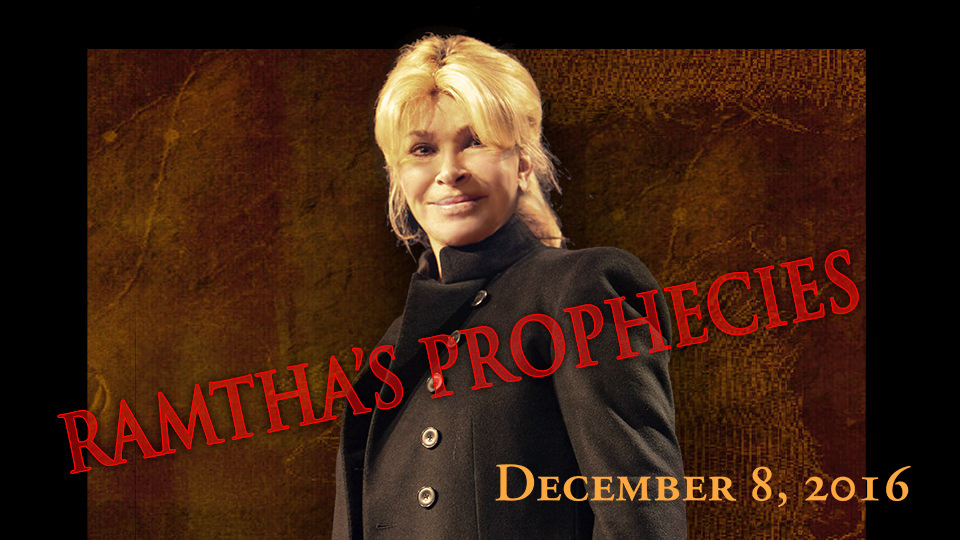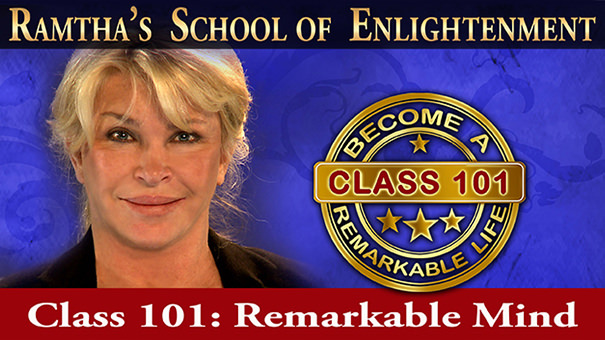The Placebo Effect is well-documented –
Ramtha: “How could a simple sugar pill be so potent?”

“Placebo: Cracking the Code”
– “Placebo: Cracking the Code”
Note: In this well-made documentary on the placebo effect, knee surgeons conducted a study on the placebo effect, finding that the placebo was as effective as surgery. They also demonstrate how brain scans changed on a patient that took the placebo. The documentary also explained how a doctor had caused the death of a patient from his belief.
“Featuring members of the the Harvard Placebo Study Group, “Placebo: Cracking the Code” examines the power of belief in alleviating pain, curing disease, and the healing of injuries.
The placebo effect is a pervasive, albeit misunderstood, phenomenon in medicine. In the UK, over 60% of doctors surveyed said they had prescribed placebos in regular clinical practice.
In a recent Times Magazine article, 96% of US physicians surveyed stated that they believe that placebo treatments have real therapeutic effects.
Fascinating documentary about the science and psychology of placebos, centered on a gathering of the Harvard Placebo Study Group at a remote cottage in Ireland,” quoting Top Documentary Films.
Read more
– “The Medical Power of Ritual”
“Harvard researcher Ted Kaptchuk trained for five years in traditional Chinese medicine, but then became one of the leading researchers into the placebo effect. In his hands, the fact that patients with some kinds of illnesses get better with dummy pills is a gateway into the ways that other aspects of medicine, including the capacity of doctors to generate feelings of hope, are overlooked in our technology-obsessed health care system,” quoting Matthew Herper, Forbes Staff in this still-pertinent 2010 story.
Read more
– Ramtha on the Placebo Effect
How do we become an enlightened physician? I tell you there is proof everywhere about self-love. Do you know how that is provable on a scientific level? In test groups when they are given placebos, they are almost as effective as the group given the drug.
How could a simple sugar pill be so potent in lowering blood pressure?
Because those who they believed in, the expert, says to them, ‘Take this. It will lower your blood pressure.’ They take it and they believe it will. It is called the placebo effect. Powerful, isn’t it? Doesn’t that tell the world something? It says that if you give the right information to the patient, they will be cured. Sometimes when you diagnose their death, they will die within moments of your prophecy.”
“It is no accident that those who want to help people really do have sort of a godly destiny. How do they blend that destiny with science, and particularly political science? Very masterfully. Heal thyself, physician, before you heal anyone else. How do we do that? By caring enough that when we lay our hands upon another, just the simple touch to the skin starts firing nerves, receptor sites, producing in a reverse fashion peptides that find their way all the way back to the brain that causes relaxation. It is almost as if the physician is an extension of our own something. And if we believe in them so much, even their touch — their touch — heals. If the physician says — with a cold touch because his schedule is harangued and quickened — that all he can do is put a cold stethoscope to the chest of someone, take their pulse, and look into their eyes, he lacks a lot of touch. But if they put their hands on and they feel, they heal. The healing starts right away.
A really enlightened physician will know that those who come to them are in a panicked but subdued, awe-inspired trance and that whatever that physician says, the patient will be. So we have to really educate the physicians on finesse, don’t we? No one should ever become a doctor for money.
If healing can be in a placebo or the touch, the magical touch, of a godlike person — and it is — then what does this have to say about prayer?
– Ramtha
January 16-18, 1998
Yelm, WA
The Biology of the Molecules of Emotional Addiction



